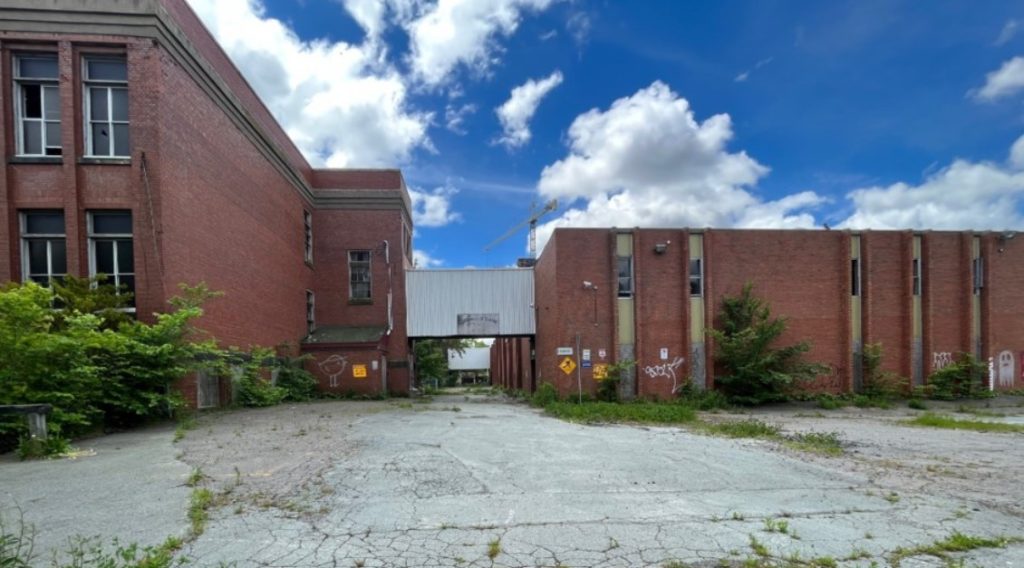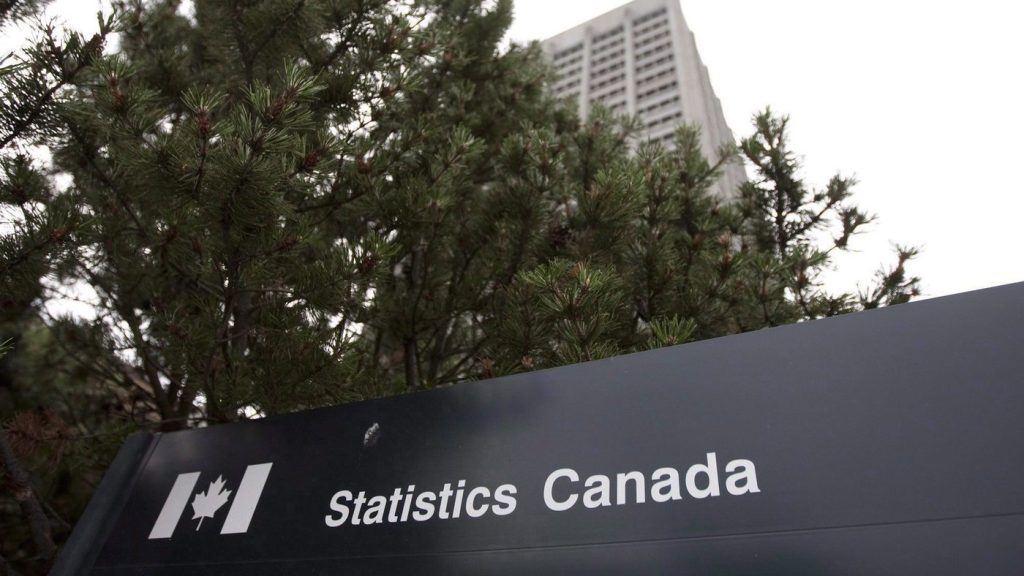Former journalist finds success constructing locally-set stories
Posted Jun 24, 2022 04:44:00 PM.
A new collection of short stories is turning heads with its 17 locally-set tales about characters who have found themselves reaching “a four-way stop in life.”
“I have always been lucky with reviews,” admits author Elaine McCluskey about her latest critically-acclaimed book, Rafael Has Pretty Eyes. “When (a new book) comes out, you have no idea what to expect, but I have been lucky and this one’s been good so I’m happy about that!”
Set entirely in Atlantic Canada, the short stories in Rafael Has Pretty Eyes have been described as smart, funny, compassionate and provocative, but the one thing most of them have in common is that they all deliver a punch — often with an unsuspecting twist.
“It has always been there in my work, but I think at this point I was a little bit like — let’s just take the brakes off,” explains the Dartmouth-based author. “I didn’t really feel any sense of caution when I was writing this collection (and I wanted) to surprise people here and there. I wanted to make people laugh in places, I wanted to make people cry, so I think I just said, 'this is it, I’m just doing it in this book' and, as I said, I took all the breaks off.”
It isn’t the first time McCluskey’s work has taken readers by surprise. An author of six books in total — four of them short story collections — she has steadily been earning a reputation for clever prose as well as winning awards and a Journey Prize nomination along the way.
A longtime journalist who has worked in everything from television to leading the Atlantic bureau of the Canadian Press for more than a decade, as well as serving as a journalism instructor at University of King’s College, McCluskey credits her accomplishments in media as one of the reasons for her literary success.
“I learned to be pretty concise in describing things,” says McCluskey about utilizing her experience in journalism for fiction. “It really taught me a lot about the telling details (and) I’m an observational writer, but in journalism you learn what’s a telling detail and what’s a useless detail.”
In Rafael Has Pretty Eyes, details are one of the characteristics that lifts the story off the page.
Whether it is a story such as “The Raken Bus” — in which she simply places her characters within a Halifax bus wrapped in a creepy exterminator ad featuring ravenous raccoons, or a cutting tale like “Would You Recommend Us?” — in which her protagonist receives an invitation to participate in an exit interview after being laid off.
“That descended into madness because how are you going to reply to an exit interview when you have been laid off, so I’ll take things like that and make them more absurd,” explains McCluskey of her work. “I just took that reality and took it up one notch and said, 'don’t take life too seriously because this is how absurd it is.'”
In addition to her quartet of short story releases, McCluskey has delved into longer narrative fiction as well with her novels, Going Fast and The Most Heartless Town in Canada.
“But I do seem to keep coming back to the short story format and maybe it has something to do with my background in news,” ponders McCluskey. “To have an impact in 4,000 words is a challenge, and I don’t consider a story a success unless it has an impact, so you play with it, you tinker with it, and then finally when it comes together, it’s kind of like (finishing) a Wordle times 100.”
With Rafael Has Pretty Eyes now out, McCluskey is hard at work on a new novel as well as another short story collection that will revolve around the static and sometimes surreal life under the pandemic.
While the premise of that collection seems ripe for the observational picking, one thing is almost assured about where McCluskey sets down her storylines — the Maritimes.
“I guess, to use a cliché, that’s my wheelhouse,” notes McCluskey. “I just feel that this is what I understand, this is what I observe, this is what I am here to talk about. Other writers (are) better than I am at science fiction, historical fiction — but I think contemporary, local fiction is what I am best at.”
For more information on Rafael Has Pretty Eyes, visit the book’s website.








